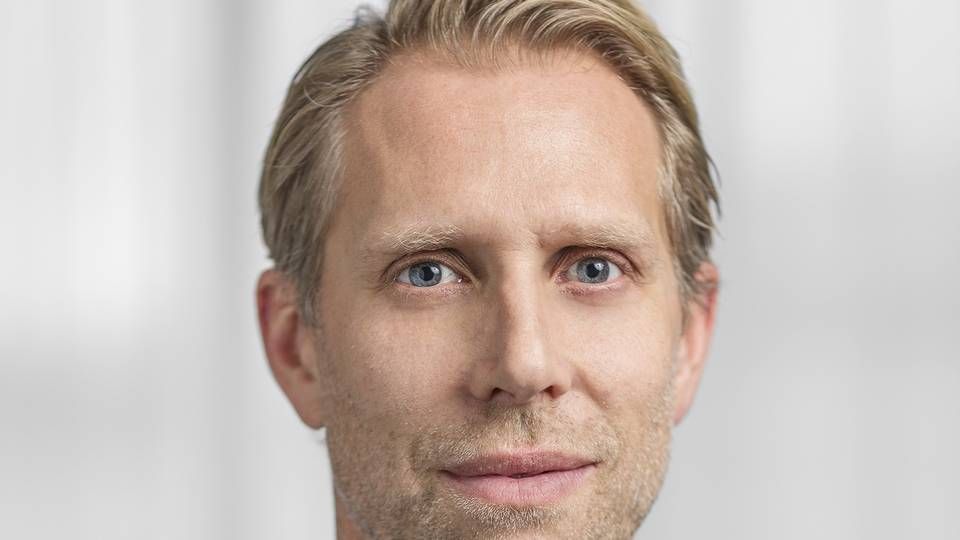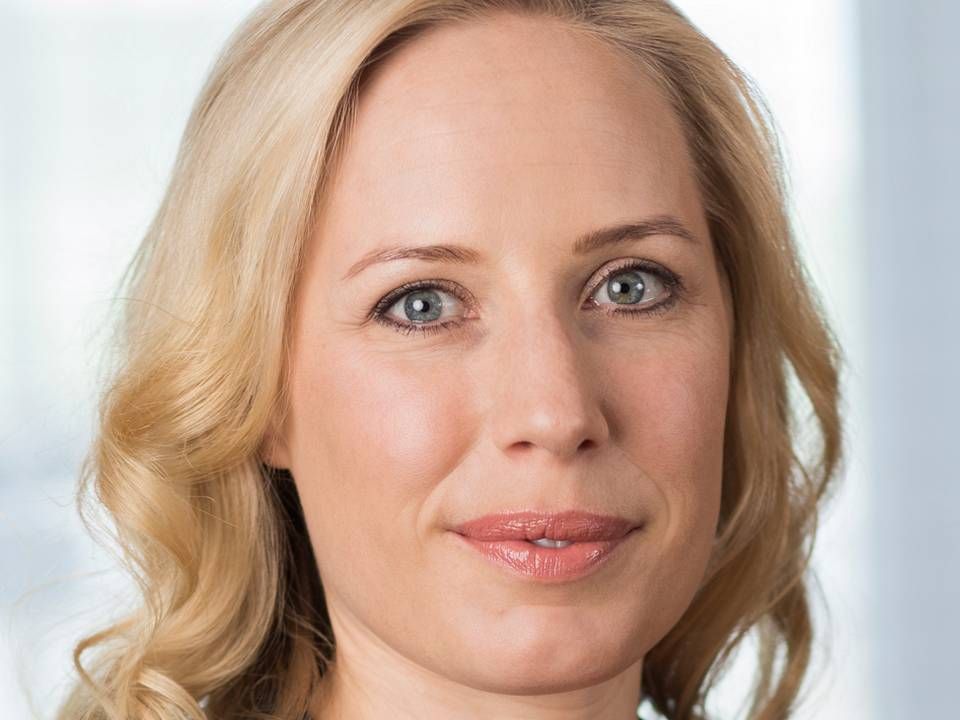Swedbank Robur adopts new climate strategy impacting all investment areas

STOCKHOLM
In 2019, Swedbank Robur Chief Executive Liza Jonson revealed in a press release the Swedish fund manager’s ambition to become “a world leader in sustainable value creation”.
Now in 2020, CIO Erik Andersson who oversees roughly EUR 120bn in assets is one of the people who is going to bring that vision to life.
A big part of the vision is the company’s approach to the climate and climate change.
“In our new climate strategy we have two main long term objectives and of course a whole bunch of KPIs," Andersson explains.
"The first objective is that we want to be totally aligned with the Paris agreement by 2025 – which is five years prior to the agreement. The second is that we want to be carbon neutral by 2040 in all our investments – which is also ten years ahead of time,” the chief investment officer says when AMWatch talks to him at the Swedbank Robur headquarters in Stockholm.
“The strategy provides the main objectives, and now we are working on segmenting targets for each investment area filtering the consequence of the objectives down to each investment area – credit, smart beta, quant, equities etc.,” says Andersson.
In it for the long haul
For Andersson, “sustainable value creation” is not something that can be understood in just one way. He thinks it can mean many different things to investors, employees and other stakeholders.
“I think it’s about thinking further than just the next quarter," he explains. "To me, you can exchange the word sustainable with the word long term. I don’t think you can be sustainable if you are not long term. It cannot be long term if it is not sustainable. Of course, world leader is a strong word, but I believe we have already come a long way, being one of the first companies with an ethical mandate from the Church of Sweden back in the 80’s," the CIO explains.
Nordea and Danske Bank have previously made similar statements – Danske Bank wanting to be a Nordic “thought leader on sustainable investments by 2020”. This does not make Andersson nervous. On the contrary – he finds that it’s a bonus that everybody is working to move in the same direction.
“I don’t mind that several of our peers aim for similar things. I think it’s great. I think we are in front in the Nordics. I cannot judge if Nordea or Danske are ahead or behind us, but that is also not important. It’s not a race against each other – but more how we can do this better for clients and for society,” Andersson explains.
Buying into the sustainability idea
In fact, Erik Andersson holds that asset management has gone from being a two-dimensional game to now being more meaningful and serving a larger purpose.
“If you look at the industry over the past 25 years, we’ve all been trying to optimize more or less short-term financial performance with a certain risk. I think that is changing – we need to have a three-dimensional look at it and how we create the value for the society also,” he explains.
This also influences the recruitment process at Swedbank Robur today. New employees must bring the right values to the table.
“You need to be interested in how to develop that third dimension and to try to make a difference. As an employer, you can develop pretty much every skill set but it’s more difficult to change peoples’ values and attitudes – we try to put a lot of effort into that in our hiring process.”
Alongside its new climate strategy, Swedbank Robur has updated its responsible investing policy. In the updated policy, the fund company has, among other things, extended the criteria to exclude coal to a maximum of 5 percent of the company's revenue from the previous 30 percent.
Related articles
Norron ready with sustainable product offering in Q1
For subscribers















